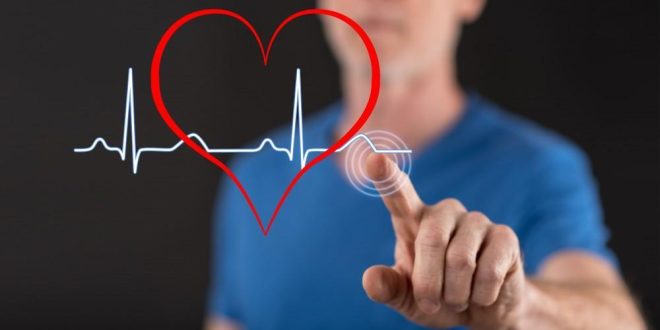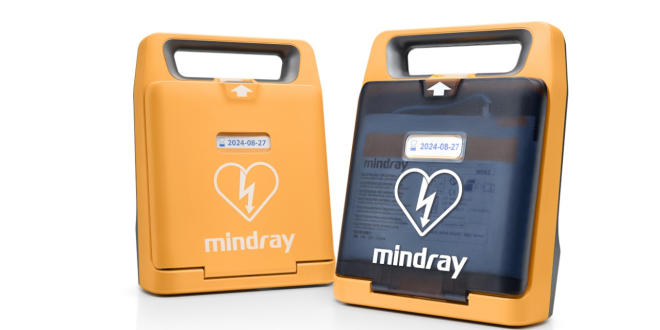
Heart rhythm disorders can feel unsettling. These conditions, where the heartbeat is irregular, impact millions. Cardiologists play a crucial role in diagnosing and managing these issues. From atrial fibrillation, which causes a rapid heart rate, to bradycardia, where the heart beats too slowly, understanding these disorders is vital. It’s like how spider veins Manhattan conjures specific images of visible veins on legs. Similarly, heart rhythm disorders need specific attention and care. Cardiologists are here to guide you through this complex landscape with knowledge and compassion.
What Are Heart Rhythm Disorders?
Heart rhythm disorders, also known as arrhythmias, occur when the electrical impulses that coordinate heartbeats don’t function properly. This can lead to the heart beating too fast, too slow, or erratically. It’s important to recognize these rhythms as they can affect the heart’s ability to pump blood effectively.
Common Types of Heart Rhythm Disorders
There are several types of heart rhythm disorders, each with unique characteristics:
- Atrial Fibrillation (AFib): A common type where the heart’s upper chambers beat irregularly.
- Bradycardia: A slower than normal heart rate.
- Tachycardia: A faster than normal heart rate.
Symptoms to Watch For
Recognizing symptoms is crucial for early detection. Common signs include:
- Palpitations or fluttering in the chest
- Dizziness or lightheadedness
- Shortness of breath
These symptoms might not always indicate a serious problem. However, it’s best to consult a cardiologist for a thorough evaluation.
Diagnosis and Treatment
Diagnosing heart rhythm disorders involves various tests and monitoring techniques. These can include:
- Electrocardiogram (ECG): Records the electrical activity of the heart.
- Holter Monitor: A portable device worn to record heartbeats over 24-48 hours.
- Event Monitor: Similar to a Holter monitor but used for longer periods.
Treatment varies based on the type of disorder and its severity. Options might include:
- Medications: Help control the heart rate or rhythm.
- Cardioversion: A procedure that restores normal rhythm.
- Ablation Therapy: Destroys the area causing abnormal rhythm.
Prevention and Routine Care
Maintaining heart health is crucial for preventing rhythm disorders. Consider these steps:
- Eat a balanced diet rich in fruits, vegetables, and whole grains.
- Exercise regularly to keep the heart strong.
- Avoid smoking and limit alcohol intake.
Routine care is more effective after treatment. Regular check-ups ensure early detection and management of potential issues.
Comparing Heart Rhythm Disorders
| Type | Heart Rate | Common Symptoms |
| Atrial Fibrillation | Irregular, often fast | Palpitations, fatigue |
| Bradycardia | Slow | Dizziness, fatigue |
| Tachycardia | Fast | Palpitations, shortness of breath |
Resources for Further Information
For more information on heart rhythm disorders, visit these trusted sources:
- National Heart, Lung, and Blood Institute – Arrhythmia
- American Heart Association – Arrhythmia
Understanding heart rhythm disorders is key to managing them effectively. With proper care and guidance from a cardiologist, these conditions can be treated and managed, allowing for a healthier life.



